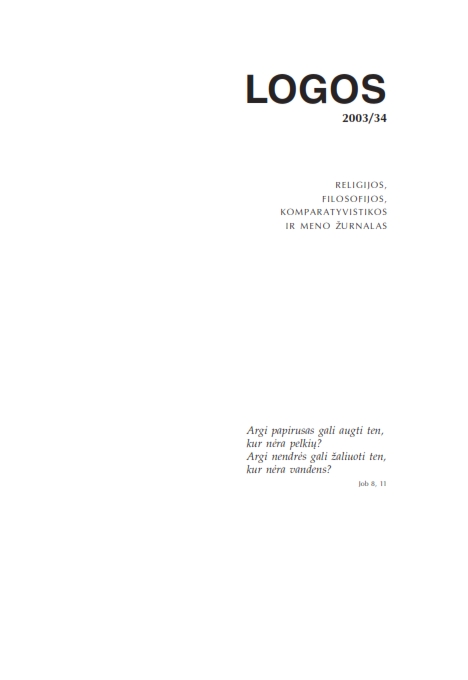Naujųjų amžių etikos empiristinės ir metafizinės orientacijos
Empiricist and Metaphysical Orientations in the Ethics of the New Age
Author(s): Loreta AnilionytėSubject(s): Metaphysics, Ethics / Practical Philosophy, Social Philosophy, Early Modern Philosophy
Published by: Visuomeninė organizacija »LOGOS«
Keywords: Ethics; empiricism; rationalism; New Age philosophy; Mandeville;
Summary/Abstract: In this part of the article, the author considers the ethical concept of Bernard Mandeville, who continues the empiricist tradition of New Age ethics. He treats man as an egotistic being and makes him the principle of ethical inquiries. His thesis that ‘private vices are public benefits’ could be regarded as a motto of his doctrine. That thesis is explained on the basis of Mandeville’s famous work ‘Fable on Bees’. The paradoxical nature of this work is analyzed against the background of its social environment. Its future influence on political economy and utilitarian ethics is also discussed.
Journal: LOGOS - A Journal of Religion, Philosophy, Comparative Cultural Studies and Art
- Issue Year: 2003
- Issue No: 34
- Page Range: 49-57
- Page Count: 9
- Language: Lithuanian

